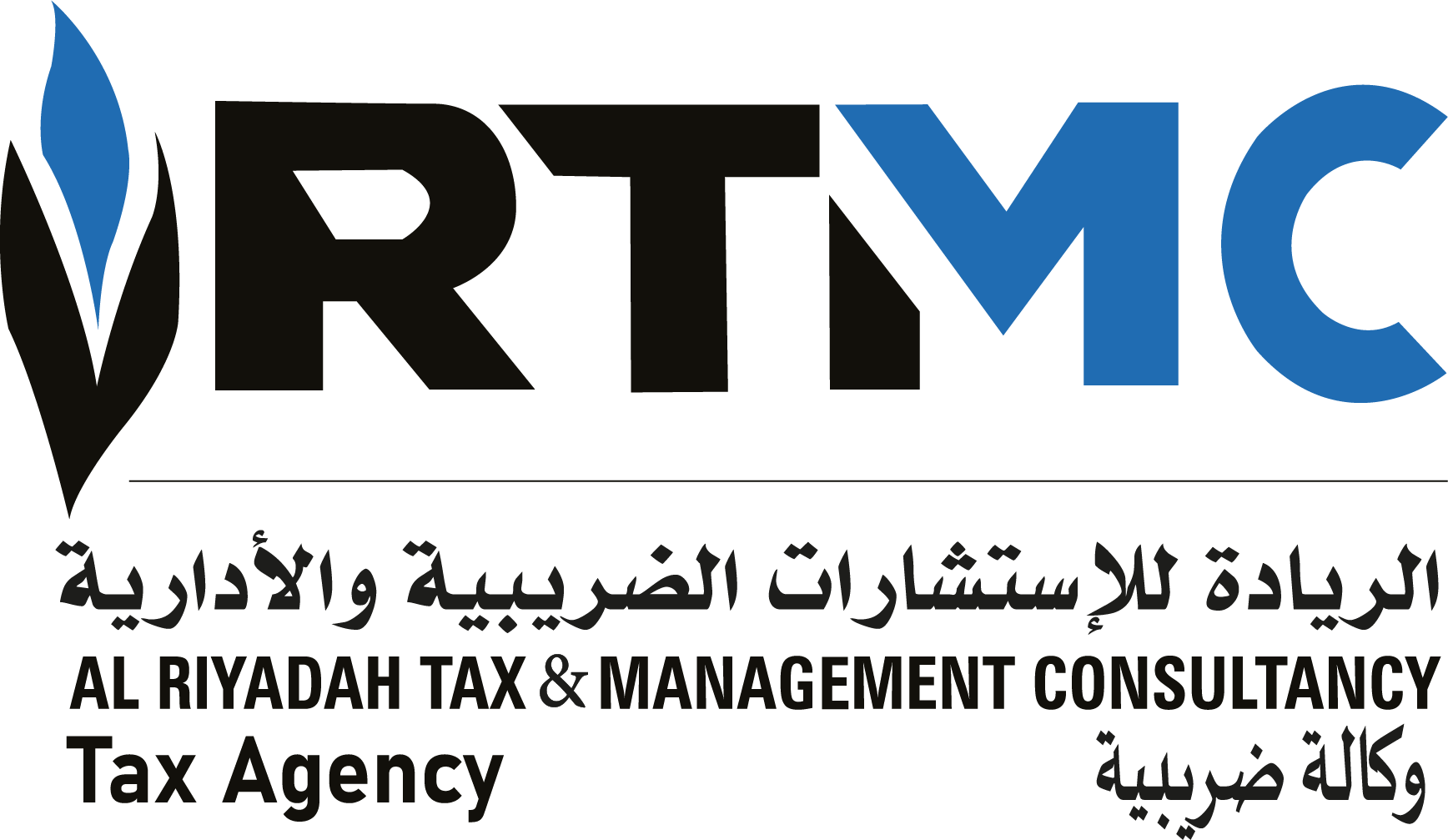

Introduction to Tax Auditing
Tax auditing is one of the essential processes that contribute to ensuring tax compliance and verifying the accuracy of the information provided by companies and individuals to tax authorities. Through this auditing, local and international tax agencies seek to analyze financial records and examine transactions to ensure that taxpayers comply with the applicable tax regulations. Tax auditing is the primary means of assessing the compliance of individuals and businesses in paying their due taxes.
Unlike traditional financial auditing, which primarily focuses on the accuracy of financial accounts and positions of companies, tax auditing concentrates on the regulatory and reporting aspects of tax matters. While financial auditing aims to provide a comprehensive picture of a company’s financial performance, tax auditing seeks to uncover any discrepancies in tax obligations and the reliability of the submitted data.
The objectives of tax auditing are numerous; it aims to protect the state from tax evasion and promote transparency in financial transactions. Institutions’ awareness of the importance of adhering to tax laws and standards enhances their financial position in the long term. Additionally, certified tax agents serve as a primary support for tax authorities in achieving these goals by providing necessary advice and assistance to meet tax obligations and regularly monitor progress.
In summary, tax auditing is a vital element that contributes to the financial organization of companies and provides a conducive environment for economic growth. Despite the challenges tax agencies may face, adherence to tax auditing remains essential to ensure compliance with local and international laws and to build trust between taxpayers and tax authorities.
Importance of Tax Auditing
Tax auditing is a fundamental component in achieving financial transparency and integrity among companies and the state. It ensures compliance with tax laws, thereby enhancing trust between institutions and the government. The primary role of a tax agency or a certified tax agent is to provide these essential auditing-related services.
Through tax auditing, laws and tax policies that may have been overlooked can be identified, leading to additional revenue collection for the state. Auditing also helps curb tax evasion by promoting transparency and accountability among individuals and companies. Therefore, the efforts of tax auditing contribute to improving government revenues and enhancing social justice.
Moreover, tax auditing can provide valuable insights to companies, helping them improve their financial and business practices. By identifying unhealthy financial patterns and discovering opportunities to reduce costs and increase efficiency, a certified tax agent offers necessary advice to companies to correct any deviations related to tax compliance, thereby helping to build a good reputation in the market and attract more investments.
Tax auditing is not merely a process concerning companies’ compliance with laws; it is also a tool for enhancing accountability and engagement. The more open and transparent companies are, the greater the public trust in them, contributing to building a more sustainable economy. Ultimately, tax auditing represents a fundamental support for increasing government revenue efficiency to achieve sustainable development.
Stages of the Tax Auditing Process
The tax auditing process consists of several organized stages that contribute to ensuring tax compliance and enhancing transparency. These stages play a pivotal role in determining the accuracy of the financial data submitted by taxpayers through a certified tax agency. While each stage has its specializations and the techniques used, the teamwork among certified tax agents contributes to the success of the process.
The tax auditing process begins with planning, where the certified tax agent determines the scope of the audit and the necessary time to conduct the review. This stage includes analyzing the available documents and records to assess any risks that may impact the results. This preparation is essential for providing a comprehensive understanding of the taxpayer’s situation.
After planning, the certified tax agent moves to the execution phase of the review. In this phase, necessary information is collected by reviewing financial records and conducting interviews with relevant staff. The execution of this review is based on the data collected and the available information to determine the taxpayer’s compliance with tax laws and regulations.
The next phase involves data analysis, where the collected information is evaluated to reach accurate conclusions. This is a critical step, as it helps identify any inconsistencies or potential errors in the submitted tax reports. Based on this analysis, the tax agent compiles the necessary findings.
Finally, a report on the tax audit is prepared, which includes findings, arrangements, and recommendations. This report should accurately reflect the tax situation of the taxpayers and assist in supporting any future developments or amendments that may be necessary to ensure sustainable compliance with tax laws.
Tools and Techniques Used in Tax Auditing
Tax auditing constitutes one of the essential elements to ensure tax compliance and reduce financial risks in any institution. Technological advancements have contributed to enhancing the effectiveness and accuracy of this process through a range of modern tools and techniques. Tax agencies and certified tax agents employ advanced techniques that streamline and enhance communication between involved parties and increase transparency levels.
One of the most important tools used is specialized tax analysis software. This software helps to collect and process financial data in an organized manner, thereby saving time and effort. Some systems provide analytical models that allow users to explore patterns and trends in the data, aiding in identifying potential risks and targeting them more precisely. By integrating this software, a tax agency can implement an effective auditing process that meets its clients’ needs.
In addition to software, advanced analytical techniques such as statistical analysis and machine learning are also significant tools. These techniques are used to draw conclusions from large datasets and provide valuable insights to institutions. Certified tax agents rely on these techniques to better understand the efficiency of tax processes and improve auditing performance by identifying areas that require enhancement.
Finally, data collection tools stand out as a pivotal element in the tax auditing process. These tools include techniques such as digital surveys and cloud-based programs to efficiently collect information from various sources. Integrated data collection ensures accurate and comprehensive information that contributes to enhancing the effectiveness and functioning of tax agencies.
The Role of the Tax Agency in Tax Auditing
The tax agency is a fundamental component of the tax auditing system, bearing numerous responsibilities related to monitoring and guiding the auditing process. One of the primary tasks of the agency is to oversee the auditing operations carried out by the relevant entities, ensuring compliance with established standards and the accurate application of tax laws and regulations. It assigns a certified tax agent for each auditing operation, responsible for conducting the necessary examinations of the financial data of those engaged in commercial activities.
Furthermore, the tax agency provides technical and operational support throughout all stages of the auditing process. This support includes providing necessary training and guiding the concerned teams to ensure the achievement of the desired goals of auditing and compliance with the established standards. The agency also assists in providing guidance and internal control systems, ensuring that certified tax agents adhere to the correct procedures to support the effectiveness of auditing operations.
The tax agency also contributes to enhancing transparency and credibility in the tax system by preparing detailed reports that reflect the results of auditing operations. These reports assist the concerned parties in making informed decisions and developing strategies necessary to improve tax compliance. By utilizing tax auditing, the agency acts as a bridge between commercial monitors and the broader tax community, enhancing the concept of tax justice and reducing opportunities for tax evasion.
Challenges Facing Tax Auditing
Tax auditing processes are fundamental elements that contribute to enhancing transparency and effectively managing taxes. However, these processes face numerous challenges that may affect their accuracy and effectiveness. One of the most prominent challenges is the lack of data, where tax agencies may find it difficult to obtain sufficient information for auditing processes. This may complicate the accurate assessment of tax situations and hinder achieving tax justice.
Moreover, the complexity of tax systems may pose a hurdle for certified tax agents in executing their tasks. Tax systems vary significantly between countries, requiring tax agencies to remain informed about changes and updates. This complexity may create challenges in reconciling tax records, potentially leading to calculation errors or misconceptions about tax obligations.
Finally, tax evasion emerges as one of the biggest challenges facing tax auditing. Many individuals and companies find ways to evade paying their due taxes, reducing tax revenues and complicating the auditing process. Addressing this issue may involve collaboration between tax agencies and legal bodies to uncover illegal activities and ensure compliance. The tax agency can work on raising tax awareness and providing incentives for companies and individuals to comply voluntarily.
By recognizing these challenges and providing appropriate solutions, the tax auditing process can be improved, enhancing trust between individuals and tax agencies.
Best Practices for Effective Tax Auditing
Tax auditing is a sensitive process that requires the implementation of best practices to ensure the desired results efficiently and effectively. The first step toward effective tax auditing is proper planning. The tax agency should clearly define objectives and develop a detailed plan that includes all necessary steps, helping to determine the scope of the audit and avoid any obstacles that may arise later. This planning aids the certified tax agent in saving time and effort during the execution of this process.
Effective communication with all involved parties is also a vital element. The tax agency must build transparent relationships with auditors and tax clients, facilitating the exchange of information and clarifying any inquiries they may have. Mutual understanding between the parties helps to conduct a smoother tax audit and avoids any misunderstandings that may adversely affect the audit results.
Moreover, the audit should include a precise analysis of the available data. Handling financial and tax information systematically is crucial, as it helps the certified tax agent to discover any deviations or potential errors in tax disclosures. Utilizing advanced analytical tools can facilitate identifying sensitive points that require further auditing.
In summary, adherence to best practices, proper planning, effective communication, and precise analysis can significantly contribute to enhancing the effectiveness and efficiency of tax auditing. These factors help both tax agencies and taxpayers achieve accurate and reliable results, benefiting the tax system as a whole.
Future Trends in the World of Tax Auditing
Tax auditing is a vital field heavily influenced by technological developments and global tax policies. With the advent of the digital age, tax agencies are experiencing radical changes aimed at improving the efficiency of auditing processes and enhancing transparency. Technological innovations such as artificial intelligence and big data analytics are expected to play a pivotal role in developing tax auditing methods. By using these technologies, tax agencies can collect and analyze financial data faster and more accurately, contributing to more effective identification of potential risks.
Additionally, the trend toward digital transformation in tax auditing is not just an option but a necessity. Many countries are moving toward implementing rapid and flexible digital audits.
These digital audits can enhance the speed and accuracy of data processing, allowing agencies to respond quickly to any discrepancies or issues.
Moreover, the increasing focus on global tax compliance standards indicates a rise in the importance of international collaboration. Countries are expected to work together more closely to share information and develop comprehensive frameworks to prevent tax evasion. This approach will enhance cooperation among tax agencies globally, paving the way for the establishment of a unified tax auditing system.
In conclusion, tax auditing is a dynamic field undergoing continuous evolution, driven by advancements in technology and global trends. By embracing these changes, tax agencies can enhance their effectiveness, foster compliance, and contribute to the overall development of the tax system.
